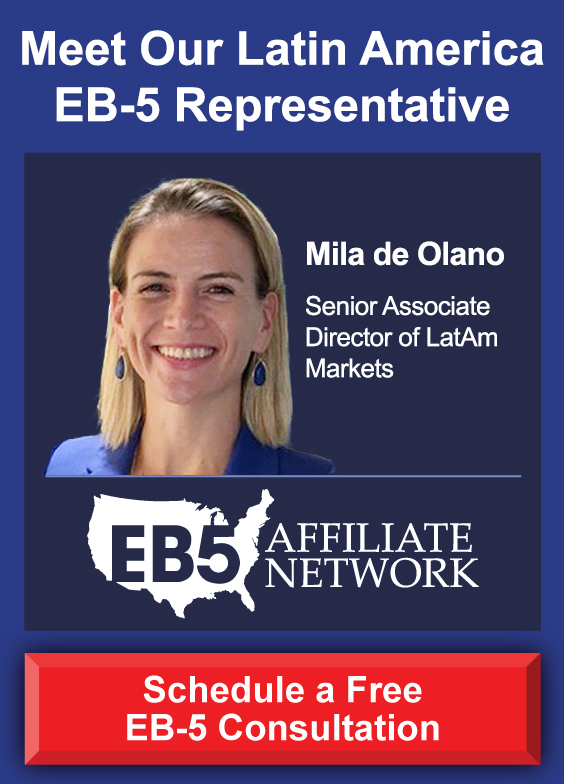
The EB-5 Immigrant Investor Program, in place since 1990, offers the ideal opportunity for any foreign investor dreaming of a life in the United States: for $1.8 million—or $900,000, depending on the targeted employment area (TEA) status of the project—investors can make a passive EB-5 investment and gain U.S. permanent resident status for themselves and their dependent family members, contingent on satisfying EB-5 program requirements. But what if you don’t have the funds?
A prospective EB-5 investor’s journey is not necessary over if they don’t personally possess the necessary capital for an EB5 investment. Those with wealthy relatives can embark on an EB-5 investment journey with capital gifted by their family members, as long as they prove to United States Citizenship and Immigration Services (USCIS) that the funds were truly a gift and that they originated from lawful sources. It’s relatively common for parents not personally interested in immigrating to the United States to gift their child the necessary capital to make an EB-5 investment and forge a brighter future in the United States.
Satisfying the Source-of-Funds Requirement
USCIS accepts EB-5 capital from nearly any source, including gifts, as long as the investor demonstrates its legality. The transfer of the gifted funds from the donor to the recipient alone doesn’t count as the capital’s source—the donor must prove that they obtained the funds legally. According to USCIS guidelines, investors must provide evidence that suggests it is “more likely than not” that the funds derive from a legal source. For gifted EB5 investment capital, USCIS primarily cares about the legitimacy of the gift and how the donor obtained the funds.
Proving the Legitimacy of the Gift
To count as valid EB-5 investment capital, gifted funds must constitute a bona fide gift with no repayment terms. To satisfy this USCIS condition, the donor should draft a written gift agreement that explicitly states the gift is “irrevocable” and the recipient is not obligated to repay it, and both parties should sign it. If the donor does not speak English, they should compose the agreement in a language they speak and obtain a certified translation into English for the investor to include in their I-526 application. While gifts may come from anyone, USCIS will exercise more scrutiny toward gifts from friends or business associates than from family.
Proving the Lawful Source of Funds
USCIS also requires those making an EB-5 investment with gifted funds to demonstrate the capital’s lawful sources, just like with any other type of fund. As part of the gift, the donor should provide documents to the recipient that prove the legal origins of their capital. The documents should be as detailed as possible, constituting anything from employment records, bank statements, and tax returns to investment records, loan documents, and property records. If any documents are not in English, the donor or investor must obtain a certified translation into English.
Consult EB-5 Immigration Counsel to Help
USCIS regulations can be complicated, and the source-of-funds requirement is one of the trickiest requirements of an EB-5 investment. Depending on the capital used, obtaining the necessary documents to prove the legality of the funds can be challenging and time-consuming. The best practice for any EB-5 investor (or their donor) is to hire an experienced EB-5 immigration lawyer to determine which sources to use to prove the lawfulness of the EB5 investment capital.











